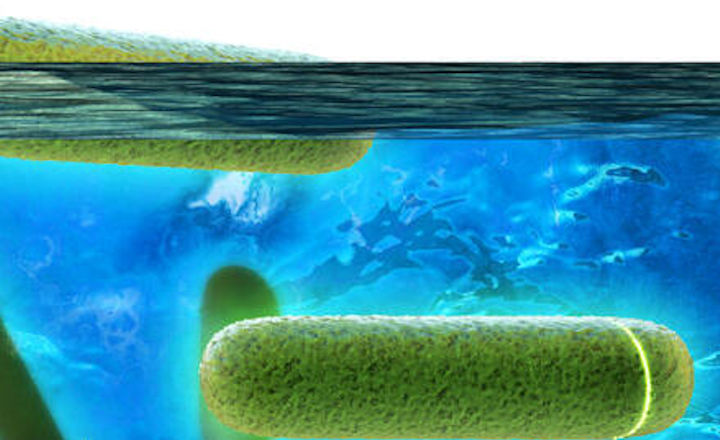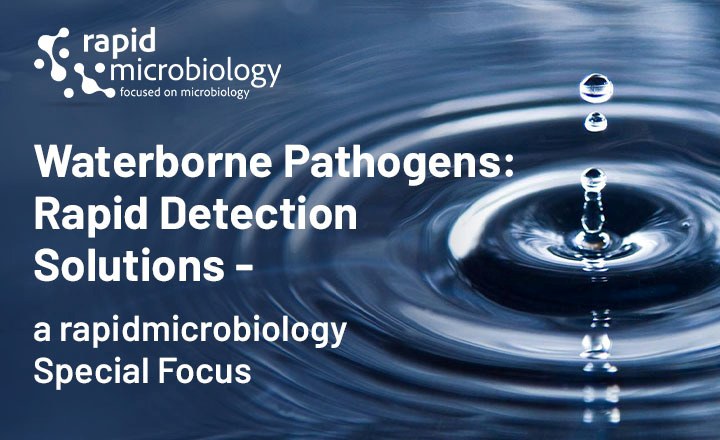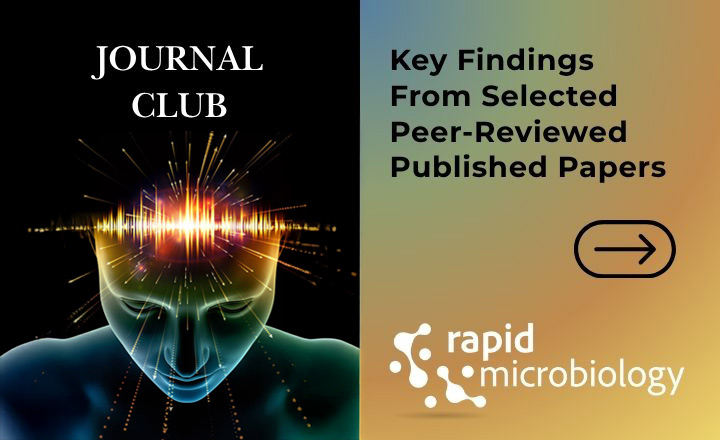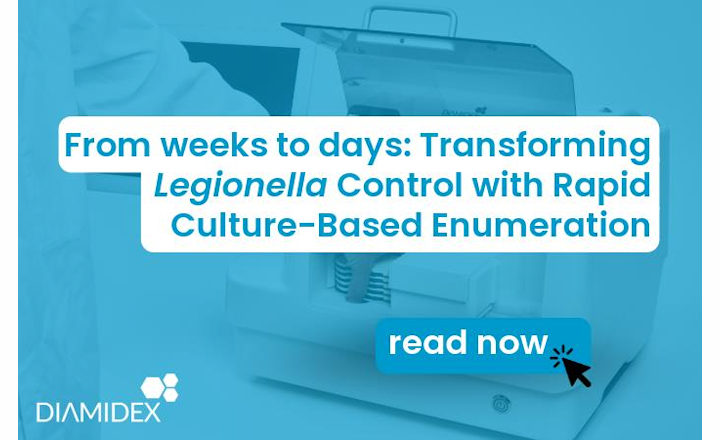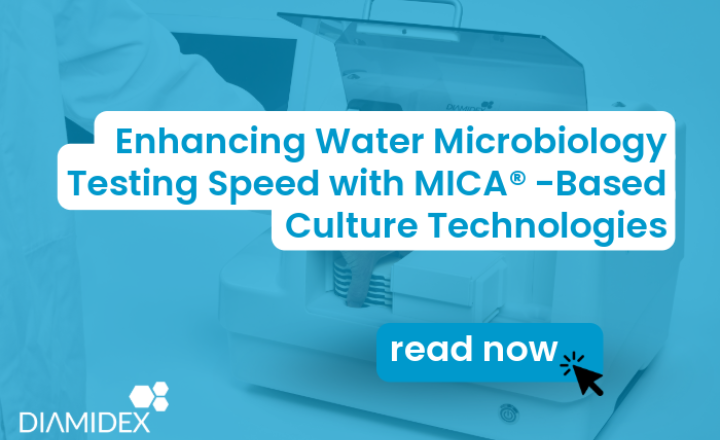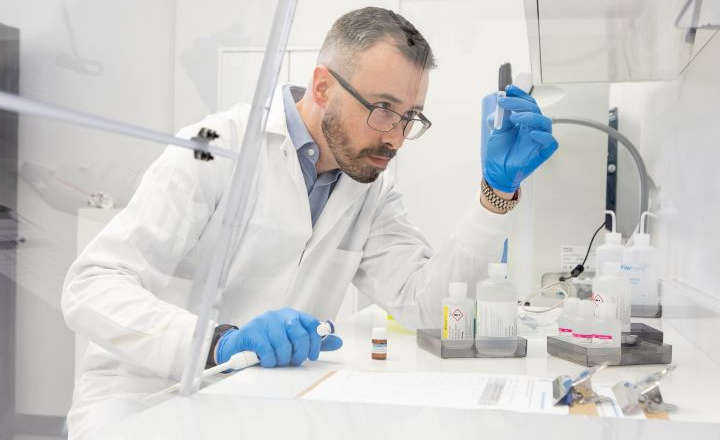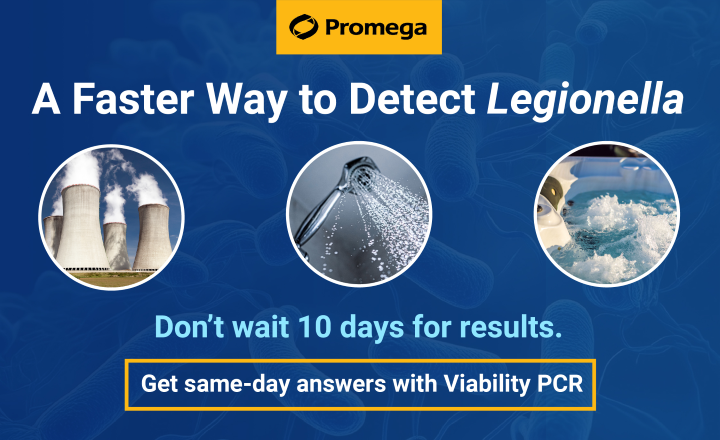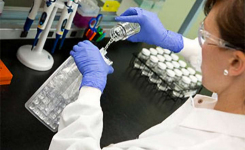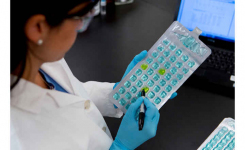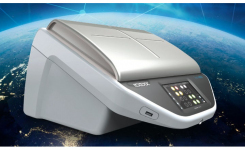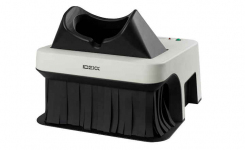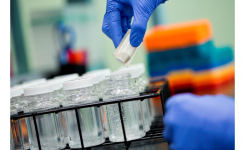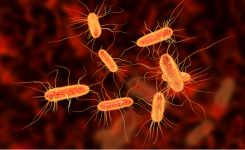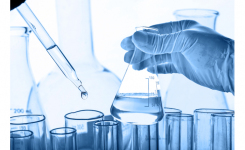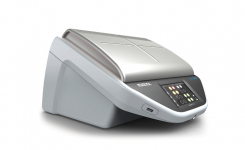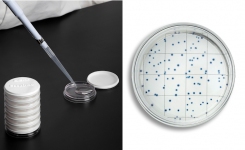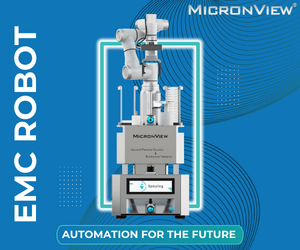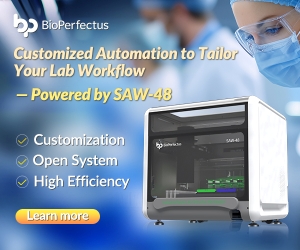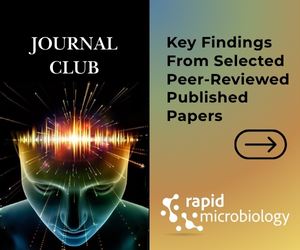Choosing a Rapid Test for Legionella in Water
The dangers of Legionella contamination within buildings’ water systems and its link to Legionnaires’ disease have only been known for less than 50 years. With the COVID-19 pandemic forcing the closure of many buildings, concerns have been raised that Legionella is even more likely to grow and spread in systems with stagnant or standing water, which creates potential breeding grounds and future health risks when buildings reopen.
Ray Petrisek, an infectious disease microbiologist, was one of the principal investigators in the discovery of Legionella in the 1970s and is well aware of the risks of Legionnaires' disease and the need for accurate testing, both in “normal” circumstances and in these unprecedented times when facilities managers are looking to ensure that buildings can be reopened safely. In this discussion, Ray gives his thoughts on the testing methods designed to monitor Legionella contamination.
What are the limitations of current plate-based methods?
There are limitations with almost every method, but for us, as an environmental lab and an industrial hygiene firm, we need to know what those limitations are so that we can advise on what method to use for specific applications because each test method can actually provide different information to the end-user.
Culturing Legionella is labor-intensive in terms of processing the samples, and the process steps can decrease the concentration of the viable organisms by up to 30 percent. The methodology also requires experience in terms of knowing which media to use, and when you eventually get colonies on a plate, you have to know what you are looking at; and it is much more difficult to look at Legionella than many of the other gram-negative or gram-positive that are routinely tested for.
Why did your lab choose the IDEXX Legiolert method for Legionella testing?
Legiolert is a cost-effective, robust procedure that handles our volume, which is somewhere around 6,000 or 7,000 samples a year. The test is simple to perform, and it is easy to read end-point reactions as a colour brown reaction with a rapid processing time. We also find that the Legiolert is less stressful on the organism versus some of the culture methods and the specificity averages a higher count for Legionella pneumophila than plate methods.
Why invest in a test that only detects one species of Legionella?
For a facility that just is looking for a cost-effective assay, that is reproducible and consistent, we found that Legiolert is very cost-effective and saves 50 to 60 percent of technician time. Additionally, the test has a long shelf life, and the packs take up very little storage as opposed to media that needs to be stored in a refrigerator and there is a constant need to resupply.
Legionella pneumophila serogroup 1 counts for more than 95% of all cases of legionellosis. So using Legiolert takes care of the legionellosis issue in almost all cases where we use it. Our view is that if a test is robust, very reliable and reproducible and so meets that demand, it is the one to go with.
This podcast is sponsored by IDEXX Laboratories.
One Lab's Experience of Testing for Legionella - a rapidmicrobiology podcast
In this episode on Legionella testing, we have Ray Petrisek, a principal investigator in the discovery of Legionella in the ‘70s, who gives advice on testing and sampling for Legionella and the limitations and advantages of test kits in today’s market.
Click here to read whitepaper comparing culture methods with IDEXX Legiolert™ that Ray mentions in this podcast.
Timestamps:
[4:47] - Legionella discovery in the lab
[12:13] - Testing for Legionella in potable water
[13:51] - Sampling: “Look for the biofilm, and you’ll find Legionella.”
[21:21] - Limitations with plate-based method & PCR
[29:54] - Preferred test method; IDEXX Legiolert
[35:13] - Ongoing problems with Legionella
Speaker:


